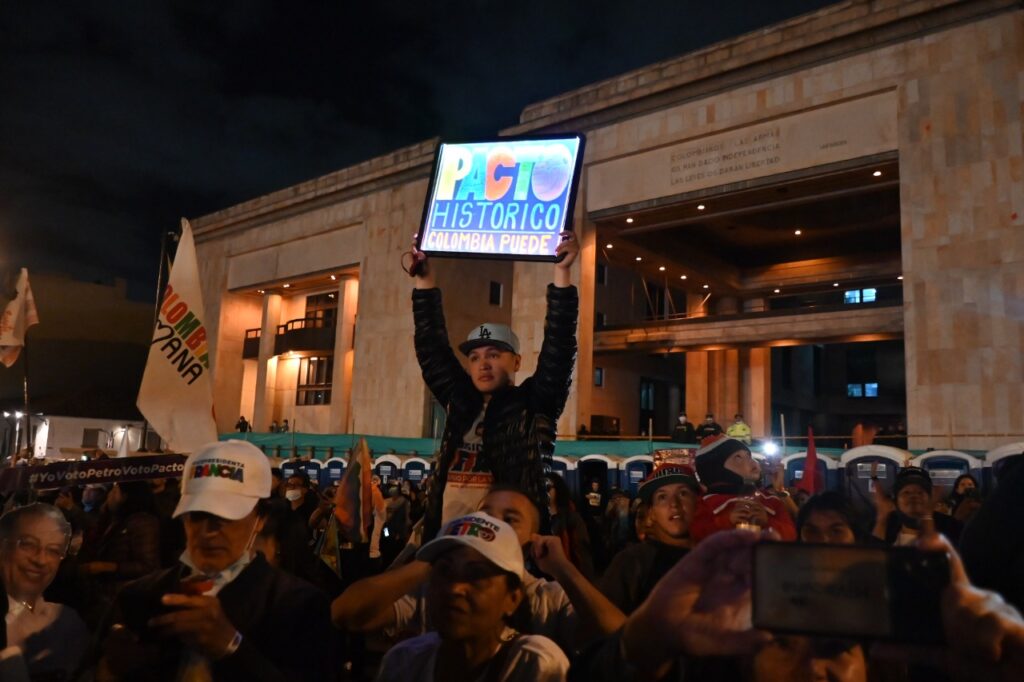
Latin America has been displaced from US foreign policy conversations, yet it has experienced a number of changes, from climatic to political, that have had repercussions on American uni.
In the context of these changes, a group of experts shared their thoughts at a meeting organized by Ethnic Media Services where the importance of investing in this region of the continent is highlighted.
Ariel Ruiz, a political analyst at the Migration Policy Institute, said that from April 2021 to October 2022, there have been 1.3 million encounters between migrants and authorities, with 61% coming from Mexico, Guatemala, El Salvador and Honduras, while the remaining 39% are from other countries. In this regard, he commented that
